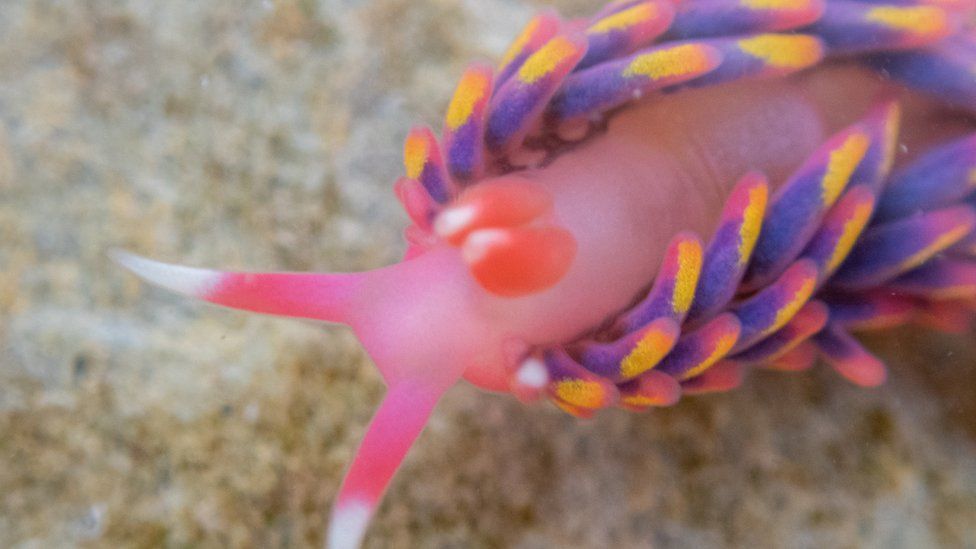For those who come to this site regularly, you may well have noticed a break in out blog contents – we have been concentrating on other parts of the website. Should you go looking, we have now built a series of animal databases – these are just the first few. Our aim is to link to as many species of wildlife as possible, and offer visitors the ability to book to go to places where a specific species lives. It is true, that some species are rarely seen – so if pangolin or beaked whale is the species you want to see, while we can help put you in the right place, we cannot guarantee a sighting.
On the other hand, with the incredible pressure on ecosystems around the world, without tourists visiting regularly, many of these ecosystems will be destroyed – and then the chance of seeing these species will be very low (and if this happens too often, the chance of seeing some of these species may drop to zero as they become extinct).
A depressing thought, but understand, we have the power to change things.
It is often not easy, to live alongside wildlife, particularly as a farmer. From minor irritants to crop damage or even livestock predation, there are many pitfalls. This website is finally reaching a point where we are aiming to help with this. Whatever the primary use of your land, we believe that there is enough interest to produce a second income from interested parties – and while this could range from enough to live on, to extra ‘pocket money’, we want to reach a point where destroying wildlife is a financial insanity. Help us!












